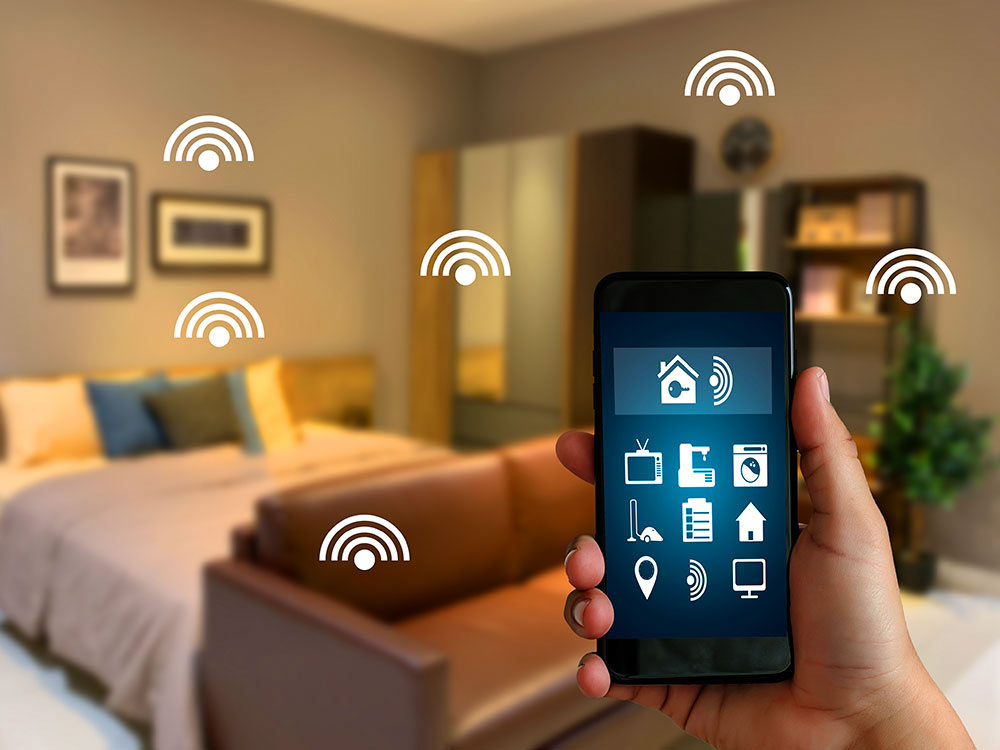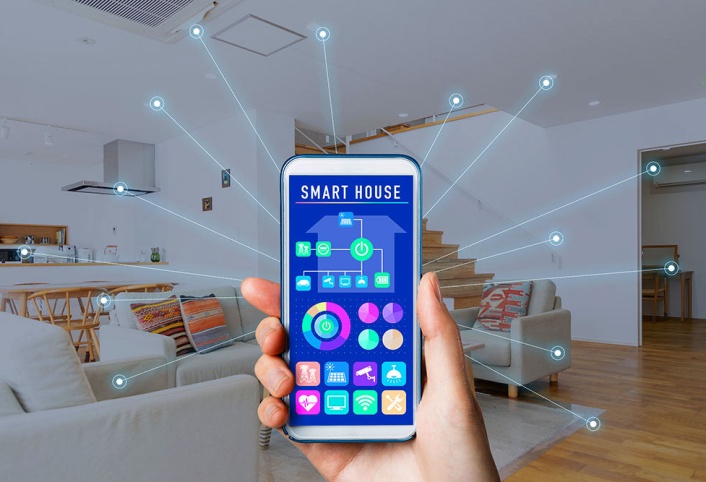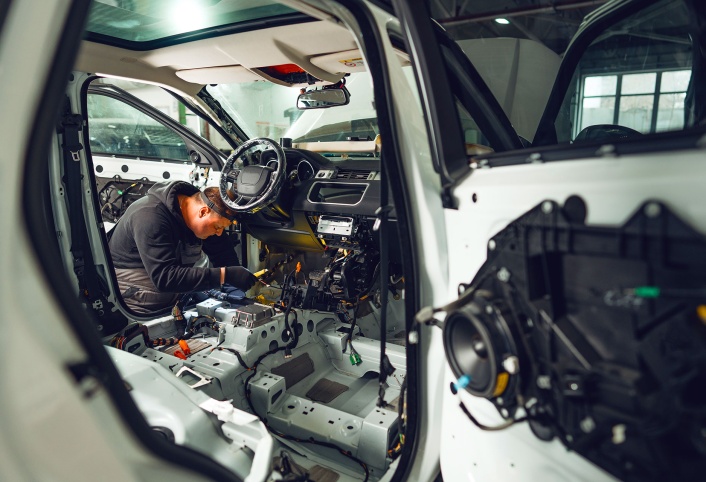Have you ever wondered how much energy you could save without lifting a finger? Home automation isn’t just about convenience—it’s also a powerful tool for enhancing energy efficiency and reducing our environmental footprint. In this blog, we’ll explore how integrating smart systems into your home can lead to significant energy savings and environmental benefits.
Understanding Home Automation and Energy Use
Home automation involves using technology to control and monitor various household systems remotely or automatically. This includes everything from thermostats and lighting to appliances and security systems. Essentially, it’s about making your home “smart” by connecting these devices to a central hub that can be managed via your smartphone or computer.
Smart thermostats, automated lighting, and intelligent appliances are the backbone of home automation. These devices work together, often integrated through a central hub, to optimize your home’s energy use. By communicating with each other, they create a cohesive system that adjusts to your lifestyle and needs.
Smart Thermostats and Climate Control
Smart thermostats are a game-changer for managing your home’s temperature. They adjust heating and cooling based on your schedule and preferences, ensuring comfort while minimizing energy use. Imagine your home warming up just before you wake up or cooling down when you’re on your way back from work.
These thermostats learn from your habits. If you leave for work at 8 a.m., your thermostat can lower the heat or AC shortly after, then kick it back up just before you return. This adaptive approach means you’re not wasting energy when you don’t need it. Over time, the system becomes more efficient, saving you money.
Forget to adjust the thermostat before leaving for vacation? No problem. With remote access via your smartphone, you can manage your home’s climate from anywhere, ensuring you’re not using energy unnecessarily. This feature provides peace of mind and added control over your home’s environment.
Efficient Lighting Solutions
Smart Lighting Systems
Automated lighting systems offer both convenience and energy efficiency. They allow you to control when and where lights are used throughout your home. With smart lighting, you can set the perfect ambiance for any occasion while ensuring that lights are never left on unnecessarily.
Scheduled Lighting
Set schedules for your lights to ensure they’re only on when needed. For instance, program them to turn off during the day when natural light is abundant and back on at dusk. This not only saves energy but also extends the lifespan of your light bulbs.
Motion Sensors
Install motion sensors that automatically turn off lights in unoccupied rooms. This simple addition can lead to substantial energy savings over time. It’s an effortless way to ensure that lights are only used when needed.
Energy-Efficient Bulbs
Switching to LED or other energy-efficient bulbs within your smart lighting system can further reduce your energy consumption. These bulbs use less energy and last longer, making them a cost-effective and eco-friendly choice.
Automated Appliances and Energy Use
Smart Appliances
Automated appliances like refrigerators, ovens, and washing machines can be programmed to operate during off-peak energy hours, reducing strain on the grid and saving you money. These appliances often come with features that optimize their energy use without compromising performance.
Programmable Features
Schedule your appliances to run at times when energy costs are lower. For example, set your dishwasher to run overnight rather than during peak evening hours. This helps balance energy demand and can lead to significant cost savings.
Energy Monitoring
Many smart appliances offer insights into their energy consumption, helping you identify opportunities for further savings. By understanding how and when your appliances use energy, you can make informed decisions to improve efficiency.
Efficient Operation
Automation reduces the likelihood of appliances running unnecessarily, ensuring they only operate when needed. This not only saves energy but also extends the life of your appliances.
Integration with Renewable Energy Sources
If you have solar panels, smart automation can help you maximize their efficiency. Automated systems can optimize the use of solar energy and reduce reliance on the grid. By coordinating energy use with solar production, you can make the most of renewable energy.
Home automation systems can manage when to use solar power, when to store it, and when to pull from the grid, ensuring optimal energy use. This integration makes your home more self-sufficient and environmentally friendly.
Manage energy storage with automated systems to maximize the benefits of renewable energy and minimize waste. Efficient storage solutions ensure that surplus energy isn’t lost but instead used when needed.
Water Conservation through Automation
Smart Irrigation Systems
Automated irrigation systems can adjust watering schedules based on weather conditions and soil moisture levels, ensuring efficient water use. This prevents overwatering and reduces water waste.
Weather-Based Scheduling
These systems use real-time weather data to optimize irrigation, preventing overwatering and saving water. By responding to actual conditions, they ensure that your garden gets just the right amount of water.
Efficient Water Use
By reducing water waste, smart irrigation systems not only conserve water but also promote healthier gardens. Efficient watering ensures plants get what they need without excess.
Leak Detection
Automated systems can detect and prevent water leaks, reducing waste and preventing potential damage. Early detection can save water and prevent costly repairs.
Conclusion
Home automation offers a seamless way to enhance energy efficiency and reduce your environmental footprint. By integrating smart systems into your daily routines, you can save energy effortlessly and enjoy the long-term benefits.
Ready to make your home smarter? Evaluate your home’s energy efficiency needs and explore the potential of home automation solutions. For more information or a consultation on how to get started, contact us today.




